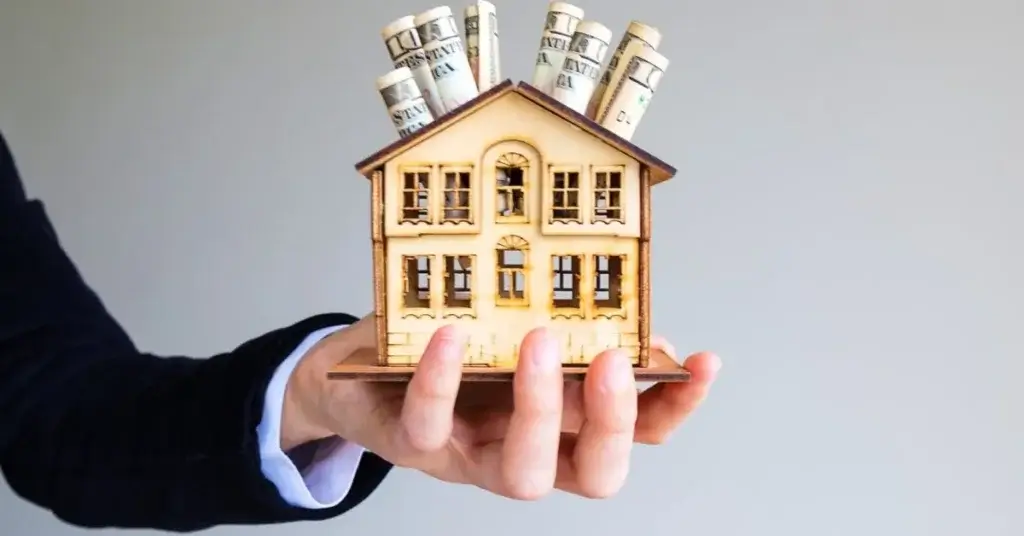The fluctuating interest rates over the past few years have caused some significant ups and downs in the real estate market. Globally operating central banks are recalibrating their monetary instruments to steer clear of the current inflationary pressures and promote growth, which is a domain that real estate investors need to learn about. We will talk about the effects of rising interest rates on real estate investments today, and how this affects both first-time purchasers and seasoned investors from an investing standpoint.
Recognizing the Connection Between Real Estate and Interest Rates
Before delving into the specifics of what this entails and how it operates, let me first say that the outgoing variation pace for housing expenses is often defined in a few installments.comparable meaning having a matching relationship with building experience or prices. Interest rates have a significant impact on borrowing costs, which impacts the affordability of property purchases and the direction of overall real estate demand.
Connection of Mortgage
For many real estate investors, mortgages play a significant role in their investment plan. When interest rates increase:
Increased mortgage rates drive up the cost of new mortgages, making home purchases even more unaffordable.
Variable-rate mortgages on existing investments result in increased monthly payments, which lower cash flow.
This deters investors from refinancing and may force them to accept higher-cost loans instead.
Direct Effects on Investments in Real Estate
1. Property Values
Property values may see immediate pressure due to rising interest rates. Fewer purchasers will be able to purchase homes at the current prices if borrowing becomes more expensive. This implies:
reduced rate of price growth
Stasis in specific markets
Price drops in pricey markets are likely [doc]
2. Rental Income
Impacts on rental income could be neutral, negative, or positive:
Landlords must raise rent in order to maintain profit margins due to rising mortgage expenses.
However, vacancy rates would grow as well if rents rise above what tenants can afford, thus offsetting the gains.
3. Development and Construction
The effects of growing interest rates on real estate development
High borrowing prices, according to Atomico, may discourage new building.
Many of the planned developments will either not happen at all or be delayed.
That can eventually result in a supply shortage and an increase in costs.
Market dynamics and indirect effects
1. Shift in Investment Strategies
How Plans Might Alter When The Real Estate Market Shifts
a switch to value-added investments in order to balance out rising costs with more savings from efficiencies.Titles in HashSet
Rather than speculative ventures, cash-flowing assets are now the focus of our attention.
Pay attention to markets with solid economic foundations.
2. Changes in Buyer Behavior
Increased interest rates have the potential to influence the behavior of both real estate buyers and investors in a variety of property types:
This may cause demand to spike abruptly as some purchasers rush to lock in lower interest rates.
Some buyers could decide to put off making a purchase entirely in order to wait for rates to go down or prices to drop.
As a result, there may be periods of market volatility, which could provide opportunities as well as challenges for more passive investors.
3. Impact on REITs and Real Estate Stocks
Real Estate Investment Trusts (REITs) and equities related to real estate can be particularly affected by changes in interest rates.
If this is the case, dividend yields on REITs appear far less alluring than bonds given future rates that will be substantially higher.
Good balance-sheet REITs with growth, however, continue to be robust.
Techniques for Handling an Environment with Increasing Interest Rates
Place An Emphasis on Cash Flow: Give preference to assets with robust, steady cash flows that can withstand increased borrowing expenses.
Investing in a variety of asset types and geographical areas will help you diversify your risk;
Fixed Rate Financing: When feasible, secure lower rates with fixed-rate mortgages to guard against potential rate hikes.
Value-create Opportunities: Look for properties that have room to create value despite rising expenses or rents.
Keep Up: To predict future changes in interest rates, keep an eye out for changes in Federal Reserve policy and economic indicators in the market.
Conclusion
Real estate investors have difficulties in light of the potential rising interest rate situation, but markets are not doomed by an increase in borrowing rates. It will be essential to comprehend the changing dynamics and modify tactics appropriately if market conditions change in order to maintain flexibility.
It’s doubtful that real estate will stop being a sound long-term investment. However, a higher interest rate environment may necessitate more deliberate planning and strategy, as well as an openness to accepting new market realities, in order to succeed in moving up the ladder.
Even though the real estate market is evolving, astute investors who exercise caution in their provocations can still reap numerous rewards. Any real estate investor will always be well-served by conducting extensive due research and understanding what they want out of an investment, regardless of the level of interest rates.
